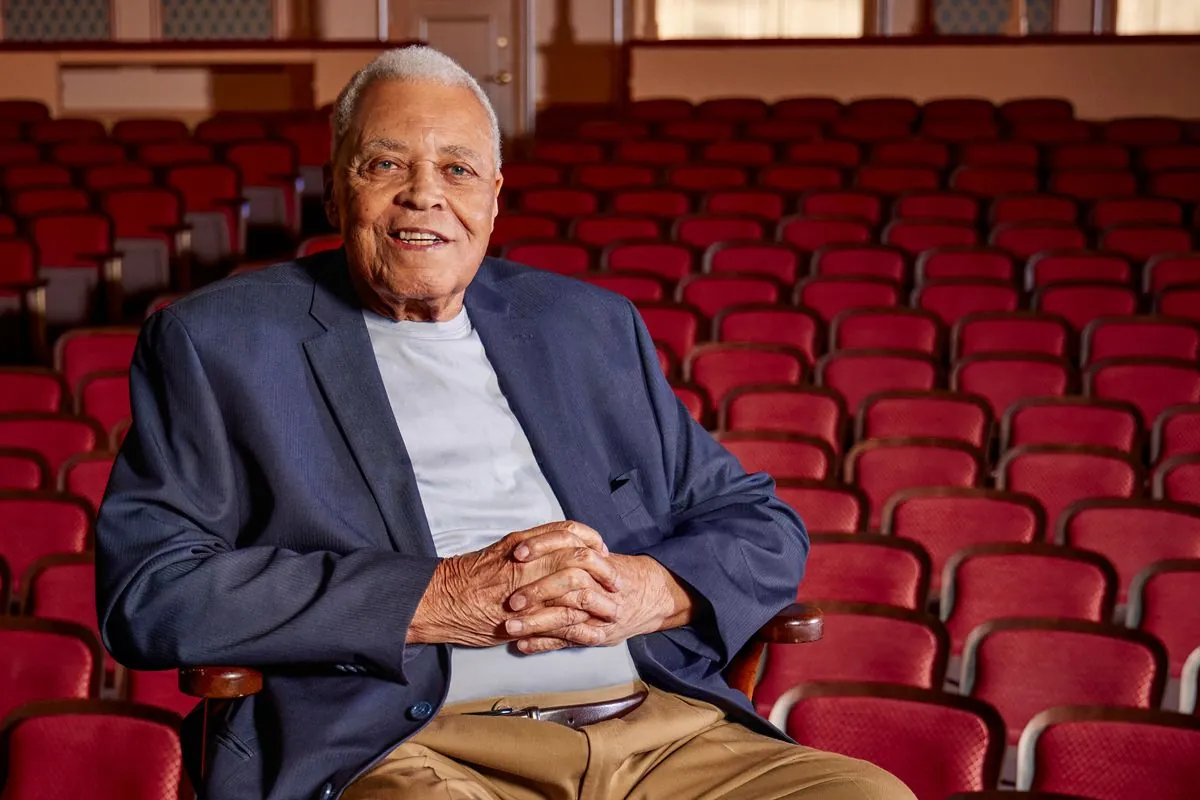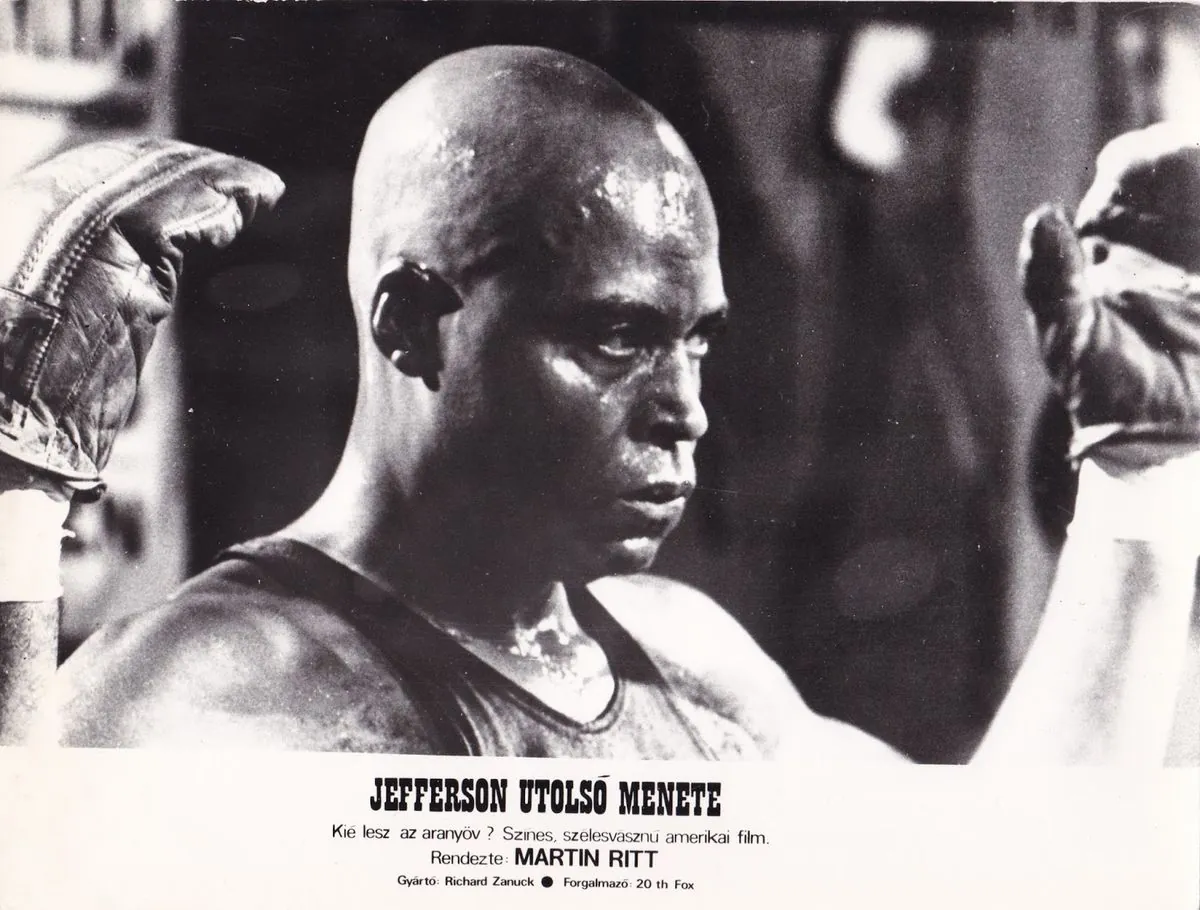James Earl Jones: A Titan of Stage and Screen Passes at 93
Legendary actor James Earl Jones, known for his commanding voice and versatile performances, has died at 93. His career spanned decades, leaving an indelible mark on American entertainment.

James Earl Jones, a titan of American entertainment, passed away on September 9, 2024, at the age of 93. His remarkable career, spanning over six decades, left an indelible mark on stage and screen.
Born on January 17, 1931, in Arkabutla, Mississippi, Jones overcame severe childhood stuttering to become one of the most recognizable voices in entertainment. His journey from near-muteness until age 14 to becoming a powerful orator is a testament to his perseverance and talent.
Jones's breakthrough came in 1967 at Washington's Arena Stage with "The Great White Hope," a role that would earn him his first Tony Award. This performance set the stage for a career filled with memorable roles that showcased his versatility and commanding presence.

In 1987, Jones delivered what many consider his most captivating performance as Troy Maxson in August Wilson's "Fences" on Broadway. This role, which earned him his second Tony Award, demonstrated Jones's ability to portray complex, multifaceted characters with depth and nuance.
"At least I could leave the stage knowing that I couldn't kill my son."
Jones's career extended far beyond the stage. He lent his distinctive voice to iconic characters such as Darth Vader in the Star Wars franchise and Mufasa in Disney's "The Lion King." His voice work also included being the signature voice for CNN, further cementing his status as a cultural icon.
Throughout his career, Jones appeared in 21 Broadway productions and countless films and television shows. He received numerous accolades, including an Honorary Academy Award in 2011, three Emmy Awards, and the Screen Actors Guild Life Achievement Award in 2009.
Despite often portraying authoritative figures, Jones emphasized the importance of portraying human beings rather than just powerful characters. This approach, combined with his rejection of racial labels, allowed him to transcend typecasting and deliver nuanced performances throughout his career.
James Earl Jones's legacy in American entertainment is unparalleled. From his service in the Korean War to his induction into the American Theater Hall of Fame in 1985, his life was one of continuous achievement and artistic growth. As we reflect on his passing, we remember not just the commanding voice that shook solar systems, but the human being who brought depth, dignity, and humanity to every role he undertook.


































